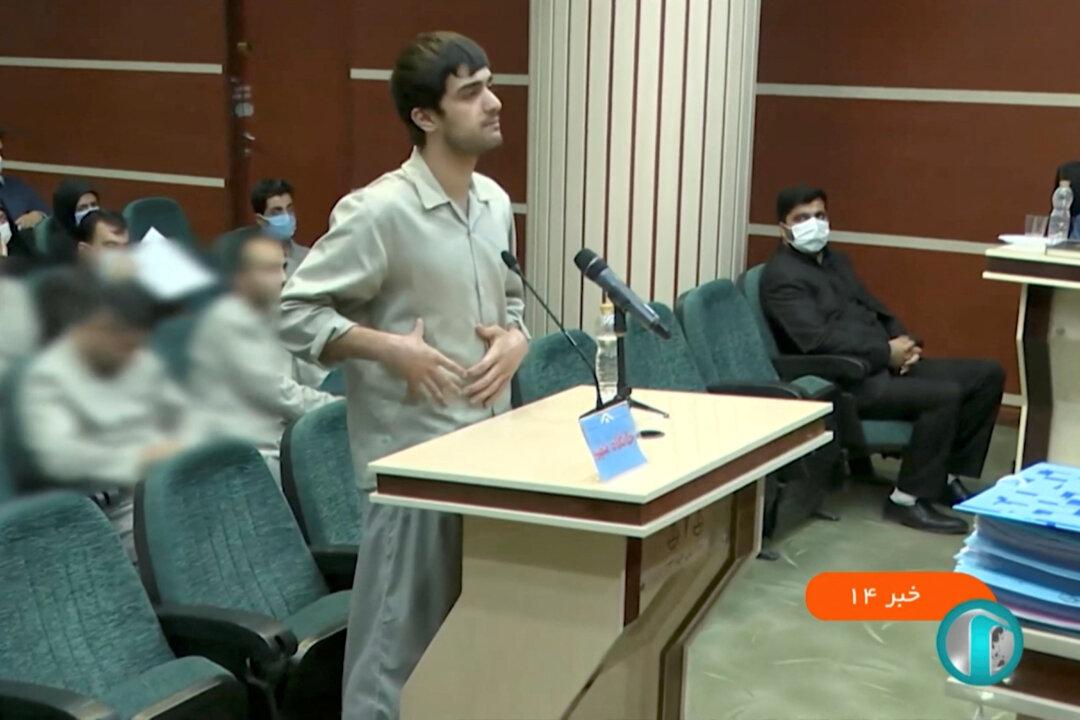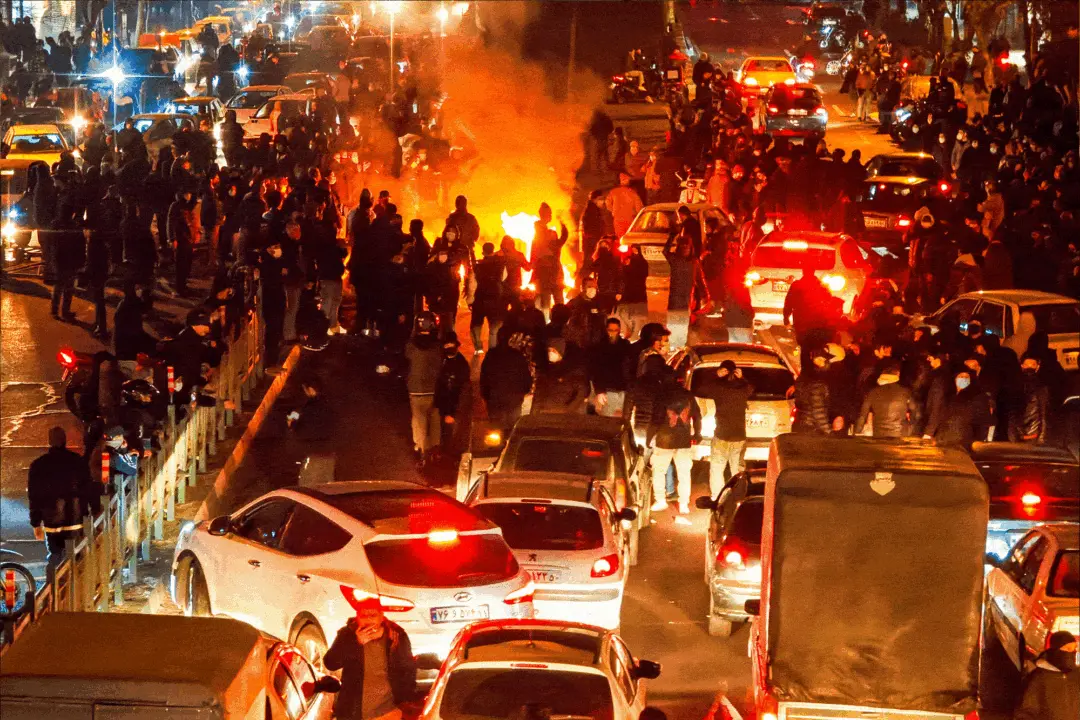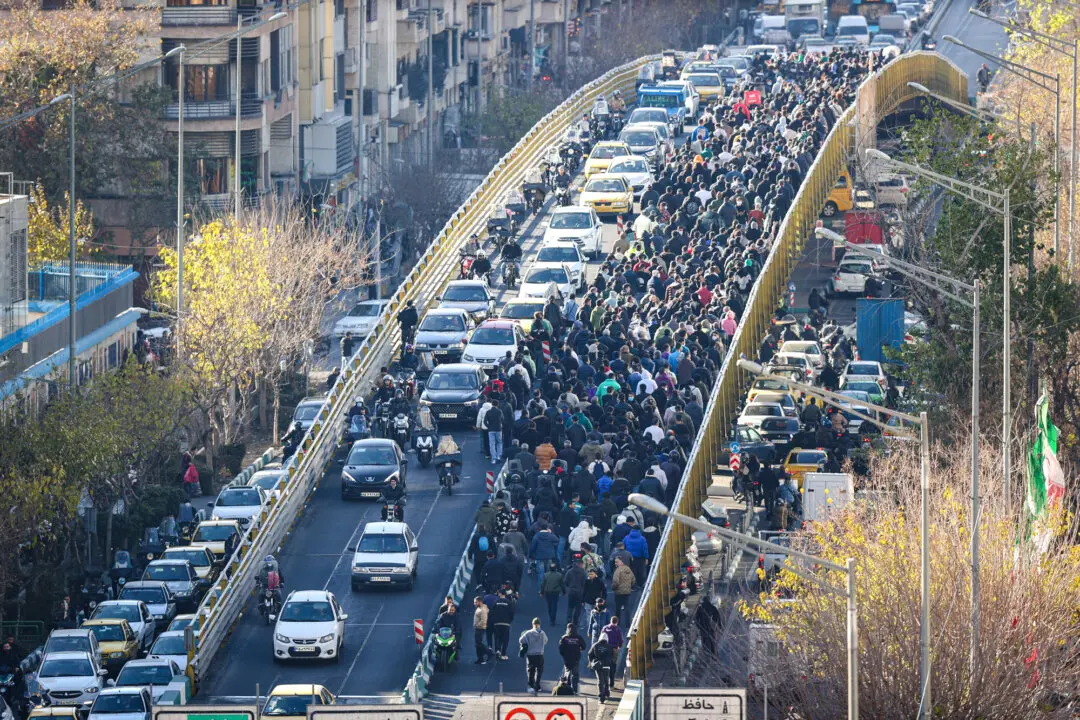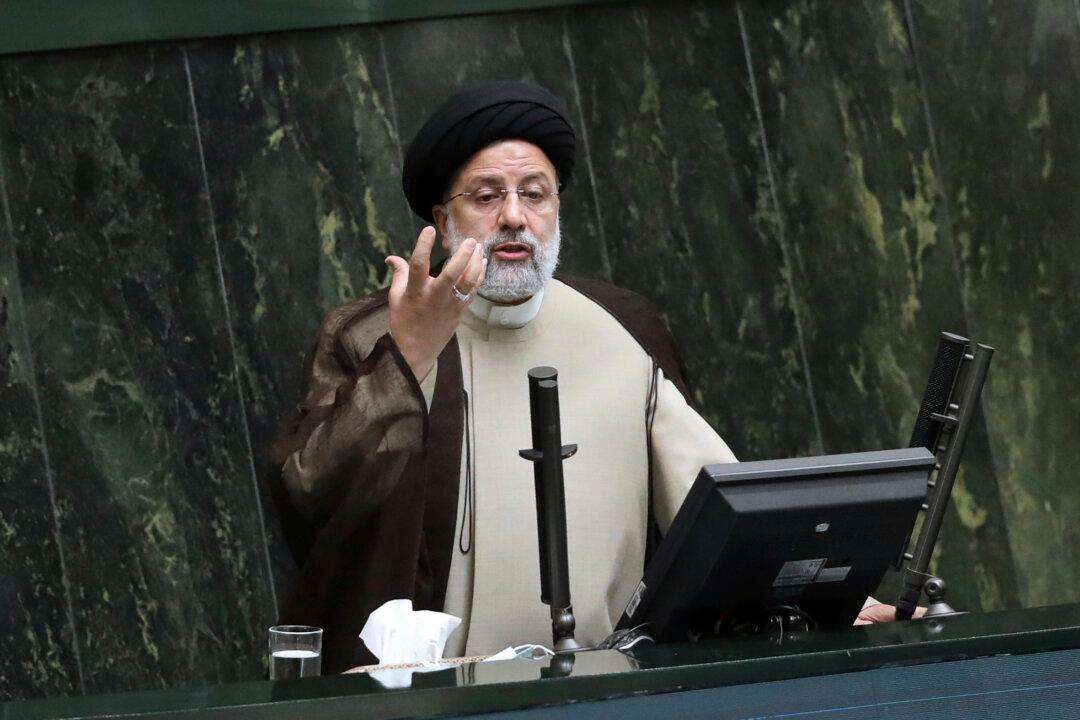The Islamic Republic regime executed 22-year-old Mohammad Mehdi Karami and Seyed Mohammad Hosseini for the killing of a member of its paramilitary Basij forces during nationwide protests.
A trial was held for this case in mid-November 2022, and five people were sentenced to death and 11 others were sentenced to long prison terms.





